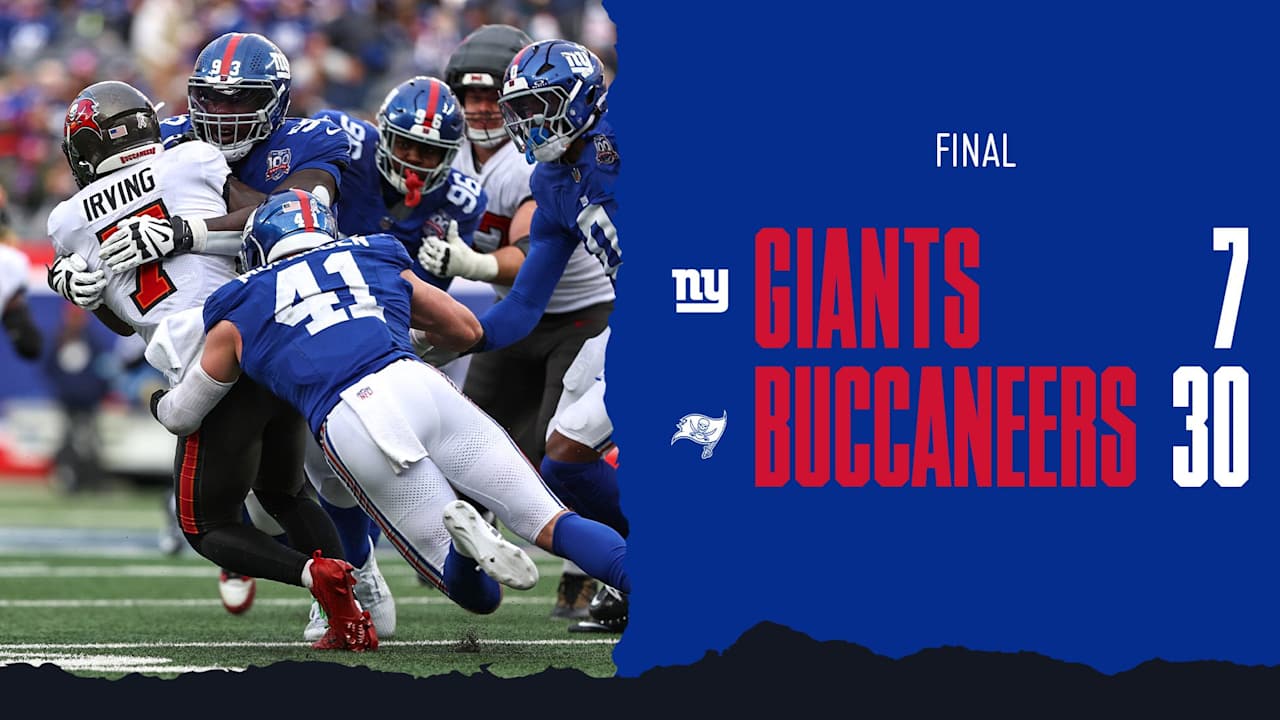Horoscope
The astrology of codependence — how the stars can help us smash the patriarchy and reclaim ourselves

It’s your time, baby.
In a world that caters to couples and worships at the altar of the swinging d–k, it is easy to fall prey to patterns of codependency and masculine centralization.
Astrologer Babs Cheung, aka The Astro Translator, is on hand to help us identify, demystify, and find the astrological source of and solution for these self-sabotaging tendencies.
Cheung tells The Post, “Living under patriarchy, society caters to and supports cis-men, and a lot of the values we put on women are centered entirely on how capable they are of meeting the needs of men. This is especially evident in the dating advice we see in magazines and social media, which often focus on how to attract a man, keep him interested, or respond when he pulls away.”
She explains that in astrological terms, the Sun, Mars, Saturn, and Jupiter are considered masculine planets, while the Moon, Neptune, Venus, and Pluto are deemed feminine.
Masculine imbalance
Mercury and Uranus are, like Birkenstocks and the color black, considered gender neutral.
Cheung explains, “Without a balance of masculine and feminine energy, too much masculine energy can lead to overvaluing masculine-centric traits.”
Within the twelve zodiac signs, there are six polarities based on the concept of yin, or feminine energy, and yang, or masculine energy.
Feminine or yin energy is characterized by passivity and reception, while masculine energy is active and individualistic.
All earth and water signs are deemed feminine, while all fire and air signs are considered masculine.
Elemental dominance
Cheung continues, “If a chart has more air and fire sign placements, it would be considered having more masculine energy and would be a person who likes to get things going and takes action to get what they want.
“These people will often have seemingly endless amounts of energy or bursts of energy to make things go their way.”
Meanwhile, “Water and earth sign dominance points to a person who is likely to be receptive and reactive, acting within a response to something using discernment and reserving energy.”
Aries, Leo, Sagittarius, Gemini, Aquarius, and Libra, as yang signs, “might have an easier time understanding what masculine traits are valued.”
Whereas the water and earth signs (Pisces, Scorpio, Cancer, Taurus, Virgo, Capricorn) are more likely to accept the idea that they must be subservient to their partners.
“Ideally, we strive to balance both masculine and feminine energy, and if our charts lean toward one side, we use our self-awareness to balance out the skewed side through external factors like environment, interpersonal relationships, or self-work.”
De-centering men or de-centering masculinity is, in essence, a response to this energetic imbalance in the culture at large.
Decentering masculinity
Cheung tells the Post, “The act of de-centering men became a movement because women were self-sacrificing in the dating world, often losing self-esteem and confidence. This is tied to the pervasive, often misogynistic expectation that we are incomplete without a partner or without a partner validating or assigning value to us.”
De-centering men or de-centering masculinity is, in essence, a response to this energetic imbalance in the culture at large.
Cheung explains that through the process of decentralization, we can prioritize our own needs, thereby improving our relationship with ourselves and the dynamics we share with others.
Dating in the age of d–ksand
How do the stars factor in our ability to maintain independent wholeness and steer clear of the mighty lure of the d–ksand?
“When it comes to dating—where this term is most often used—astrology can serve as a tool to audit our behavior and check for internalized misogyny, helping us determine whether we’re dating for the right reasons according to our zodiac signs.”
Some questions to consider:
- Do we feel valued only when someone is pursuing us or when we’re talking to one?
- Do we only want to dress up or put effort into our appearance if someone takes us out?
- Do we self-sacrifice or shrink on dates because we want someone to like us and take us out again?
The real questions that arise when deciding to de-center are:
- Does this person add to my already full and wonderful life?
- Are they putting in effort, or just the bare minimum in conversations (e.g., are they asking me any questions)?
- Does this person have the language to communicate their emotions?
- Are they being as intentional as I am about dating?
Questions for the zodiac elements to consider:
Fire signs: What are they doing to show you that they are interested in you, what are they doing to impress you, and what are they doing to hold your attention?
Air signs: How do they stimulate your intellect? What kind of things are they curious about in you? What makes you excited to go out with them or get to know them?
Water signs: How do they make you feel when you are with them? Do you feel safe to be yourself and explore with this person? Do you feel exhausted or stressed out when you’re with this person?
Earth signs: Do they make you want to leave your home or change your routines? Are they the kinds of people who can consistently show up and support you? Are they respecting your boundaries?
For an individual take on decentralization, see Cheung’s recommendations for each zodiac sign.
Cheung imparts, “In relationships, it’s natural for Aries to show why they’re a great catch, but this ultimately gives away power. Yes, you are impressive, but what has your partner done to impress you or keep you interested?”
Cheung tells the Post, “Taurus is looking for stability, creature comforts, and relaxation, but this can quickly become complacency where a partner no longer tries or puts in effort. For a Taurus to de-center their partner, it’s important to ask: What is this person doing to make you feel seen and valued, and do any of their proposed dates actually make you want to leave the house?”
Cheung maintains, “Geminis have the curse of being fun people no matter who’s around. The trap they fall into when centering their partners is idealizing them and overanalyzing every nonverbal facial expression.”
Before you start asking yourself, ‘Do they like me?’ be honest and ask, ‘Was that a fun date, or did I just crack myself up for two hours?’”
As the archetype of the divine feminine embodied, Cheung explains that “Cancers fall into the trap of centering their partners more often than most, as they want to provide safe spaces and nurturing for their loved ones. As ultra romantics, it’s important for Cancers to tap into how their partners make them feel: Do they feel safe and cared for, or do they feel more exhausted and depleted around them?”
Cheung maintains that big cats need big-time reciprocity.
“Leos, like all fire signs, have a natural ability to stand out from the crowd and win over suitors. However, it can become exhausting to keep giving off all that energy with very little in return. The next time you feel drained from shining brightly for your date, ask yourself, ‘Is this person even good enough for this outfit?’ and focus on partners who light you up as much as you light them up.”
Cheung tells the Post, “As service-oriented people, Virgos can easily get caught in a routine of a situationship, especially if they’re needed. However, due to their analytical minds, it’s important for them to occasionally check in on how they feel outside of just being needed. Do they do anything to make you feel valued and cared for?”
Cheung shares, “Libras are naturally social creatures who love to partner up and do fun couple activities. The trap they fall into when centering their partners is people-pleasing. Not only will they try to meet their date’s standards, but they might also do so because they don’t want to feel or be alone.”
Cheung recommends, “A question to ask on or after the date is, ‘Is this person genuinely interested in me, or are they also trying to escape their loneliness?”
Never the type to keep it light, Cheung says, “When centering their partners, Scorpios tend to give themselves fully to the depths of their partners’ turbulent emotions. Like their water sign counterparts, it’s important for Scorpios to ask themselves how their date makes them feel. This is the only way to re-center themselves.”
For archers, acquiescence can equate to an absence of boundaries.
“Optimistic Sagittarius can easily get carried away by their partner’s plans and change their whole persona to fit the idealized version of who that person wants them to be. To de-center, they need to ask themselves what makes them happy and excited about life, and how this person fits into their ideal lifestyle. The more they follow their passions, the less likely they are to follow the passions of another.”
Cheung tells the Post that sea goats must distinguish between a provider and a partner, “Capricorn values law, order, and material goods. In this way, it might be easy for Capricorn, when caught in a centering spiral, to let egregiously poor behavior (like cheating) slide because their partner provides for them. The question to de-center their partner is, ‘Would I let anyone else treat me this way?’”
Cheung explains that when centering a partner, “Aquarius falls into the trap of overgeneralizing poor behaviors and keeping suitors accountable. Instead of saying yes to everyone and anyone because they believe in these grandiose generalizations, the question they should ask themselves to de-center partners is, ‘What qualities in a person will make me excited to go out with them?’”
Astrology 101: Your guide to the star
For the fish, flexibility can quickly become self-sacrifice. Cheung expounds,
“Pisces will give nearly anyone a chance; being mutable and a water sign lends them the ultimate go-with-the-flow attitude. If society tells Pisces they must dress a certain way to attract a partner, they’ll execute it perfectly. If they are told they have to provide free therapy or a shoulder to cry on, they’ll deliver. With such a selfless nature, the question they should ask themselves to de-center partnership is, ‘Does this person put as much effort into meeting my needs as I do to meet theirs?’
Astrologer Reda Wigle researches and irreverently reports back on planetary configurations and their effect on each zodiac sign. Her horoscopes integrate history, poetry, pop culture, and personal experience. To book a reading, visit her website.










